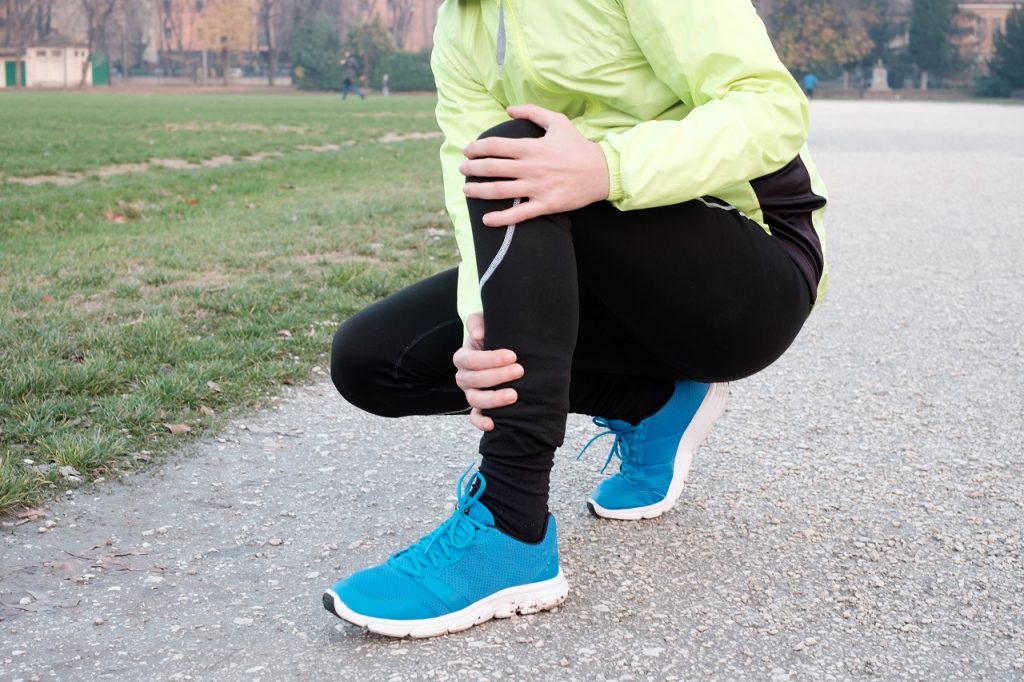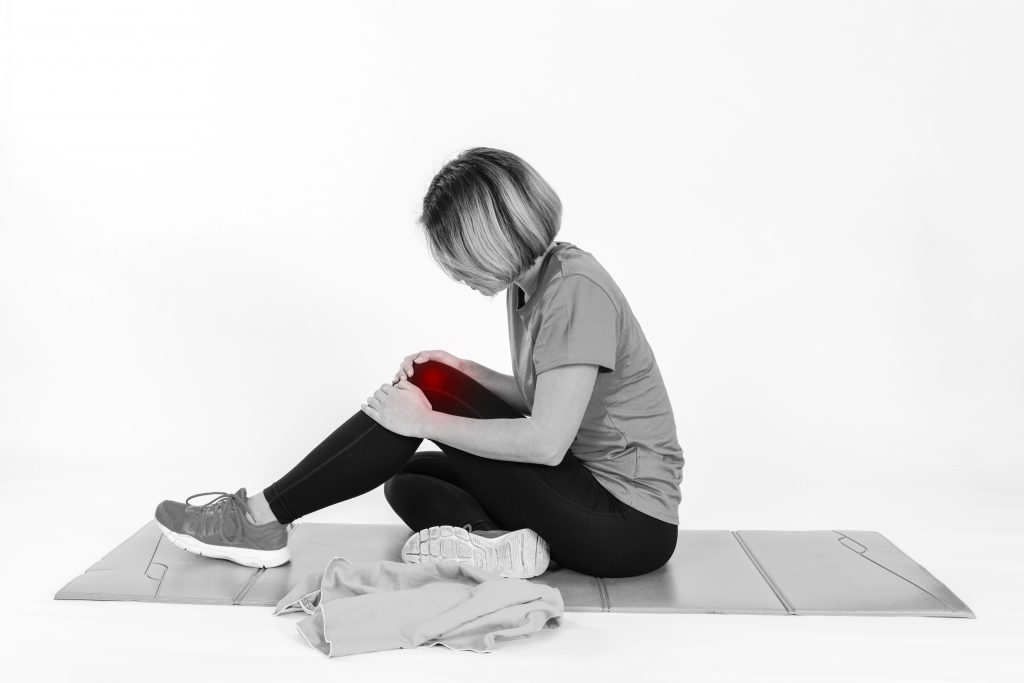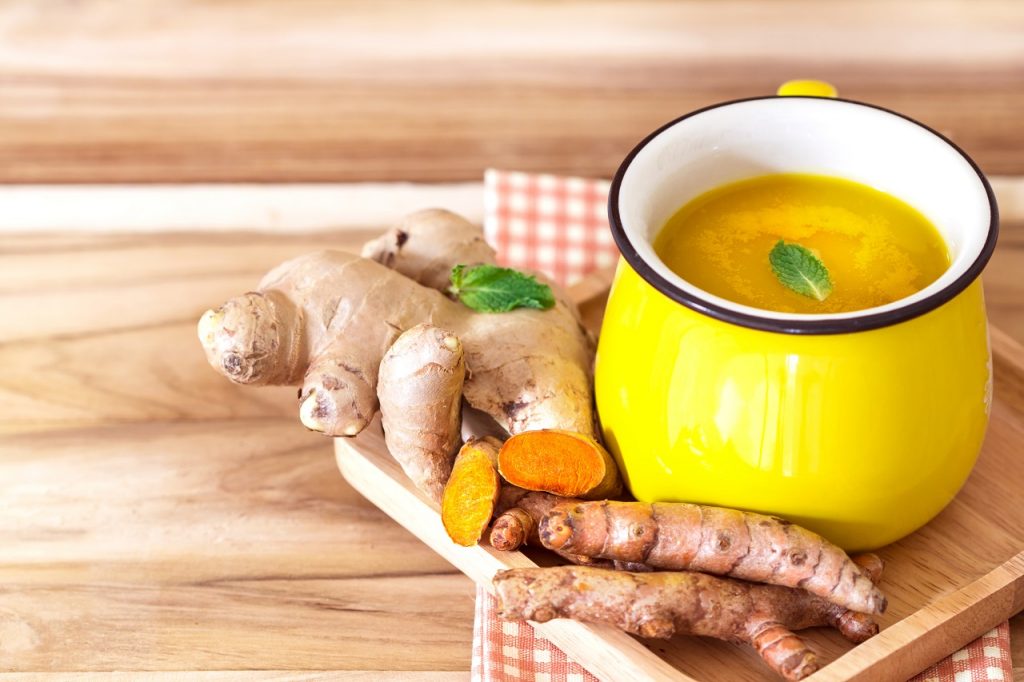
Caffeine is a natural stimulant most commonly found in tea, coffee and cacao plants. Billions of people rely on caffeine to start their day and to get through their night shift or afternoon slump. It works by stimulating the brain and the central nervous system, helping you stay alert, reducing the onset of tiredness. Nothing is as comforting on a chilly morning as a hot cup of tea with a cozy blanket. For most people, intake of these caffeinated drinks increases during winter as they believe it provides warmth to beat the cold. But is that really so? Is there a reason to avoid caffeinated drinks? Let’s find out!
How Caffeine Works
While caffeine is considered safe, drinking too much raises some concerns. When you drink any caffeinated drink, your gut absorbs it very quickly and sends it to your bloodstream. From there, as it reaches your brain, it starts blocking the effects of a neurotransmitter called adenosine. Adenosine relaxes your brain and makes you feel tired. So by blocking its receptors, caffeine helps you stay awake and alert. But with alertness comes anxiety as well. At the same time, caffeine also stimulates our stress or “fight & flight” hormones.
Reasons To Avoid Caffeinated Drinks During Winter
- Dehydration: During winter, most people feel less thirsty and their water intake automatically reduces. All caffeinated drinks are diuretic and tend to flush out water from the body through urine, making it deficient in not just water but also vitamins and minerals that are required for the smooth functioning of the body.
- Amplified Heart Rate and Blood Pressure: Winter is not a good time for people with heart conditions and high blood pressure. They are always advised to stay away from low temperatures as it can constrict their blood vessels and lead to high blood pressure. Caffeine being a stimulant also increases heart rate and blood pressure. So it may increase difficulties for such people.
- Empty Calories: Most caffeinated drinks are loaded with sugar and give you not just empty calories but a sugar crash later, which might make you feel more lethargic after some time.
- Effect on Digestion: Being a stimulant, caffeine increases gut motility or the contraction of muscles that propel the contents in the gastrointestinal tract. This might be a reason why you feel like having tea or coffee with or after a heavy meal. But this actually isn’t good because it reduces the time your food stays in each part of your digestive system, not letting the nutrients fully absorb. In fact, too much can lead to diarrhea which is followed by dehydration.
- Pregnancy & Lactation: Caffeine can easily cross the placenta and can reach breast milk. So, women who consume caffeinated drinks may need to limit their intake to avoid risk of miscarriage or low birth weight.
- Interaction with Medication: Our body flushes out caffeine generally within 6-8 hours but while in the system, it can react with your medication and supplements, causing poor absorption or side effects.
- Suppresses Appetite: Now this can be both good and bad for all weight watchers. Research shows that caffeine acts as an appetite suppressant but increases higher plasma levels of PYY & Leptin (anorexic hormones). It might make you eat less calories, but with less food, there is less nutrition as well. So beware of consuming too much caffeine, as our body needs more nutrition to maintain immunity.
Now, the purpose of all this information was not to coax you off caffeine but to ensure you control your intake. Controlled amounts can have some benefits too! Make sure you drink the right quantity and the right version. 1-2 cups of black tea, green tea and black coffee are better options than sugary and cream filled versions. Also ensure that you drink your last cup 6-8 hours before you sleep.
We hope this article on why you should avoid caffeinated drinks in winter helps you! Do let us know your thoughts in the comments below. For more on nutrition, check out Healthy Reads or speak to an expert by subscribing for GOQii’s Personalised Health Coaching here.
#BeTheForce
 As winter sets in, there are many health issues that some people face, and one of them is feeling immense stiffness and soreness in the legs leading to being less active. Is it normal to feel these aches and pain? or is it a serious health concern? Let’s find out the reason for leg pain during winter.
As winter sets in, there are many health issues that some people face, and one of them is feeling immense stiffness and soreness in the legs leading to being less active. Is it normal to feel these aches and pain? or is it a serious health concern? Let’s find out the reason for leg pain during winter.  Do you experience joint pains during winter? While common for some people, the exact nature of cold-induced joint pain is uncertain but we’ve noticed that the symptoms often worsen.
Do you experience joint pains during winter? While common for some people, the exact nature of cold-induced joint pain is uncertain but we’ve noticed that the symptoms often worsen. Inflammation is linked with so many serious illnesses such as diabetes, heart diseases, asthma, arthritis, etc. The use of anti-inflammatory drugs is very common and sometimes with no alternative as well. As they say, prevention is always better than cure! Eating anti-inflammatory food is a natural solution without any side effects. During winter, there’s less flow of blood which makes the joints colder and stiffer – leading to inflammation. The pain receptors become more sensitive in winters which result in pain, swelling in joints and other parts of the body.
Inflammation is linked with so many serious illnesses such as diabetes, heart diseases, asthma, arthritis, etc. The use of anti-inflammatory drugs is very common and sometimes with no alternative as well. As they say, prevention is always better than cure! Eating anti-inflammatory food is a natural solution without any side effects. During winter, there’s less flow of blood which makes the joints colder and stiffer – leading to inflammation. The pain receptors become more sensitive in winters which result in pain, swelling in joints and other parts of the body.


